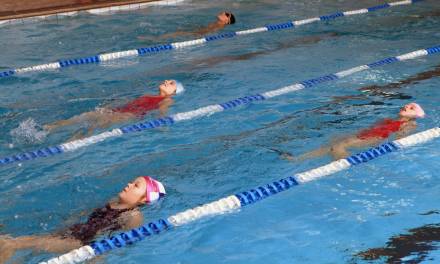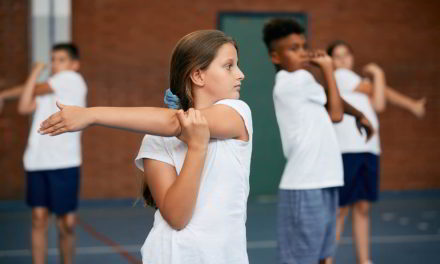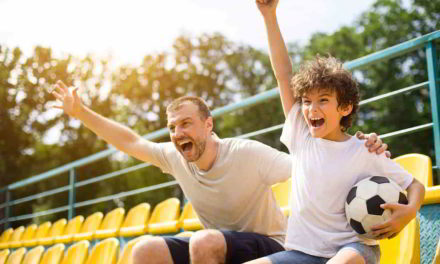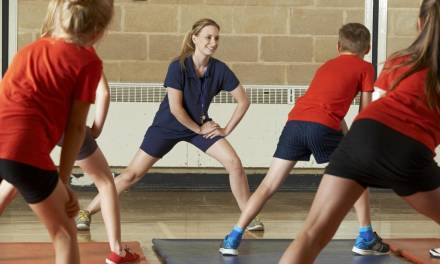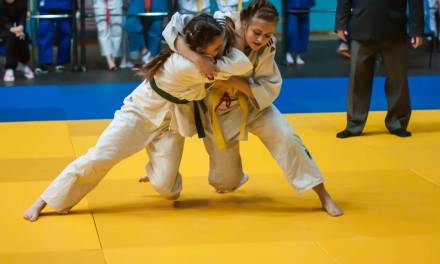Since March 2103, the government has been providing the PE and sport premium for primary schools to improve their sports provision.
Whilst secondary schools have had specialist staff to teach PE for years, primary schools have lacked this kind of expertise and element of focus.
With £150 million a year now going towards sports provision for primary schools, the money is being well spent on a range of methods that improve the sports activities taking place within these schools.
Here are some of the great ways that the money is being used.
Additional sports/PE specialist staff
Many schools have employed staff either on a part-time or full-time basis to take PE lessons and extra-curricular sports activities.
This includes qualified PE teachers or could involve employing sports coaches to come in and deliver sessions. Swimming lessons at the local swimming pool is a good example of paying for external sports expertise.
Having this funding enables schools to use experts rather than class teachers taking PE lessons without having much experience in the area. This significantly increases the quality of the lessons and can also help to nurture talent by encouraging students to take part in extra-curricular session and even to join local sports clubs.
New equipment and facilities
Having the right equipment and facilities makes a huge difference in learning new skills.
Old, dated equipment can become a health and safety concern, so buying new equipment such as gym crash mats and climbing equipment can help prevent accidents due to faulty or old equipment.
Having newer, well-kept equipment also makes it easier for pupils to participate in the sport and makes it easier to teach. For example, having floor markings for football and netball, along with the right sized nets/goals will make the lessons easier to teach and will be of better quality.
When introducing a new sport such as dodgeball, it will be necessary to buy new equipment and to keep lessons current, replacement equipment will also be needed from time to time.
Offering a good range of sports will help to boost engagement, as not all pupils want to play football or netball. Giving alternative opportunities such as dance, mini tennis or even ultimate frisbee will encourage more pupils to get involved.
Competitions
Funding can be used to host or travel to competitions with other schools, which is a great way to introduce the competitive element of sport. Organising team sport competitions such as netball and football will make the sports even more exciting for pupils to take part in.
When pupils go to secondary school, there will be more opportunities for competitive sport and it will help to prepare them if they take part in competitions whilst still at primary school age. That could even just be competitions within the school, not just against other schools.
The sport premium must be used in accordance with the government’s guidance to ensure that it is used effectively and improves the quality of PE and sport. If you have any suggestions about how to use the PE and sport premium in primary schools, feel free to let us know in the comments below.

